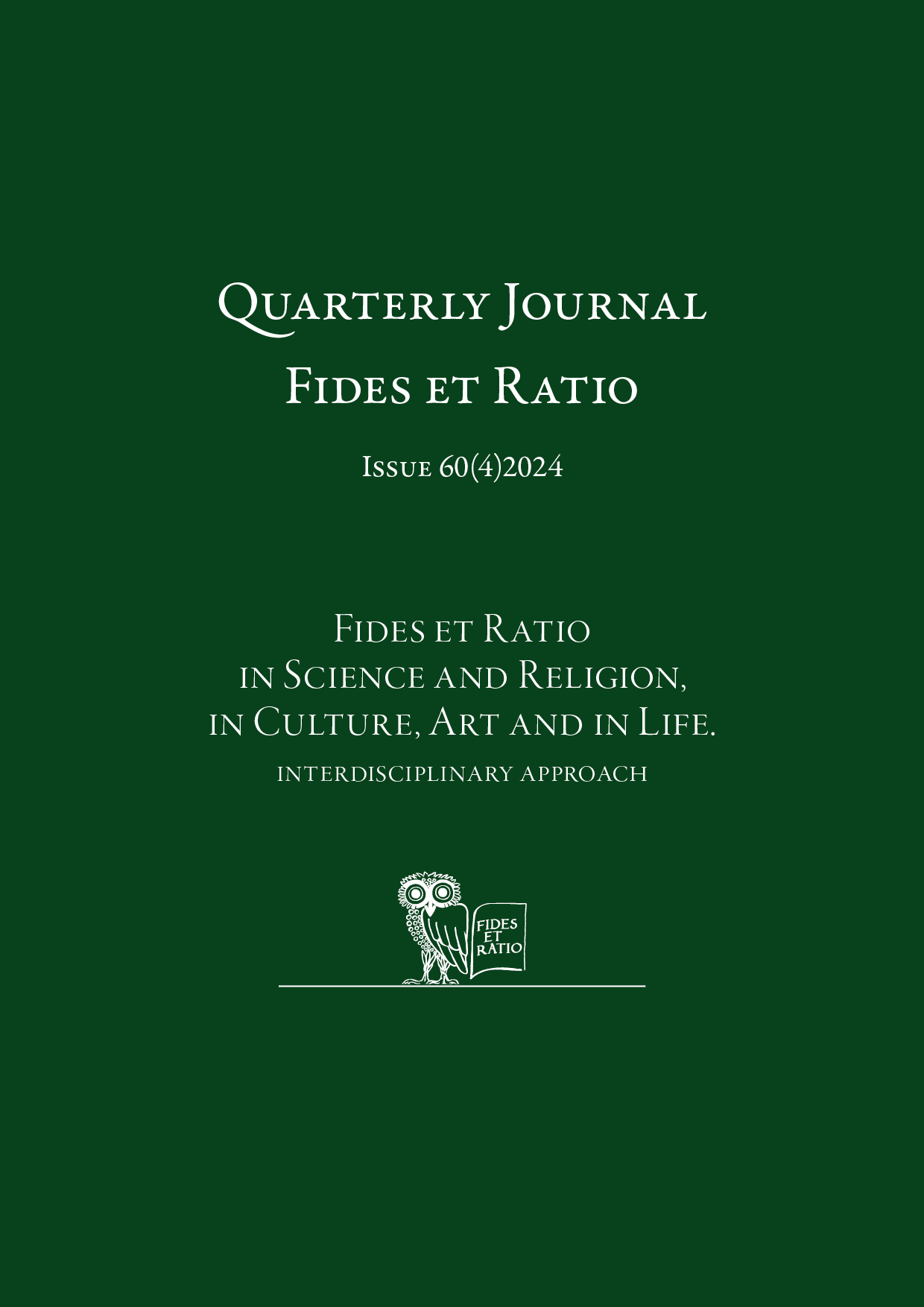Abstract
The physician’s conscience clause, contained in Article 39 of the Act on the Medical and Dental Professions, gives the possibility of refusing to provide a health service by invoking religious or moral beliefs. In the original version of the provision, the possibility of using the conscience clause was subject to numerous restrictions, but the greatest opposition from the medical community was aroused by the obligation to indicate real possibilities of obtaining a service inconsistent with conscience from another physician or in another medical facility. In connection with the above, as a result of an application of the Supreme Medical Council, on 7 October 2015 the Constitutional Tribunal issued a judgment stating the inconsistency of the aforementioned restriction with the Constitution, due to the need to ensure freedom of conscience and religion to everyone in a democratic state of law. Under the said judgment, the doctor no longer has to indicate real possibilities of obtaining a service that is against his conscience from another doctor or in another medical facility; however, the issue of who is to do this has not been properly regulated by the legislator after the judgment of the Tribunal. This omission was to be filled in the draft act amending the Act on the Medical and Dental Professions, and certain other acts, adopted by the Council of Ministers on 7 January 2020, which proposed that the medical facility which, within the scope of its activities, refused to provide a health service, should be obliged to refer the patient to another physician. However, this solution was met with criticism from many groups and was in conflict with the position of the Constitutional Tribunal, according to which this obligation should not rest with medical facilities, but with public authorities, e.g. the National Health Service. Ultimately, Article 39 of the Act on the Medical and Dental Professions still does not contain a provision specifying an entity that could indicate a real possibility for a patient to obtain a service that is contrary to a doctor’s conscience, which may give rise to many misunderstandings in the public sphere and serve inappropriate interpretations of the law harmful for the patient-doctor relationship.
References
Chudzińska, M., Grzanka–Tykwińska, A. (2015). Funkcjonowanie klauzuli sumienia w krajowej praktyce lekarskiej. (In:) W. Sinkiewicz, R. Grabowski (eds.), Medyczne, etyczne i prawne aspekty sprzeciwu sumienia w praktyce medycznej, 55-68, Bydgoszcz: Dom Wydawniczy MARGRAFSEN.
Konstytucja Rzeczypospolitej Polskiej z dnia 2 kwietnia 1997 r. (Dz.U. 1997 nr 78 poz. 483).
Olszówka, M.(2019). Analiza projektu ustawy o zmianie ustawy o zawodach lekarza i lekarza dentysty, ustawy o diagnostyce laboratoryjnej oraz ustawy o zawodach pielęgniarki i położnej, zawartego w druku senackim nr 1034/IX kadencja (sprzeciw sumienia), Studia z Prawa Wyznaniowego, 22, 349-377. https://doi.org/10.31743/spw.4788
Olszówka, M. (2020). Niekonstytucyjność i nieracjonalność tzw. obowiązku informacyjnego podmiotów leczniczych (uwagi do ograniczających klauzulę sumienia poprawek do projektu nowelizacji ustawy o zawodach lekarza i lekarza dentysty uchwalonej 28 maja 2020 r. przez Sejm). (From:) https://ordoiuris.pl/wolnosc-sumienia/niekonstytucyjnosc-i-nieracjonalnosc-tzw-obowiazku-informacyjnego-podmiotow#_ftn6 (access: 2.09.2024 r.).
Rezolucja nr 1763 (2010). Zgromadzenia Parlamentarnego z dnia 7 października 2010 r. w sprawie prawa do sprzeciwu sumienia w opiece zdrowotnej (From:) http://assembly.coe.int/nw/xml/XRef/Xref-DocDetails-en.asp?FileID=17909&lang=en (access: 2.09.2024 r.).
Ustawa z dnia 5 grudnia 1996 r. o zawodach lekarza i lekarza dentysty (Dz.U. 1997 Nr 28, poz. 152).
Wyrok Trybunału Konstytucyjnego z dnia 7 października 2015 r. – Prawo do odmowy wykonania świadczenia zdrowotnego niezgodnego z sumieniem (K 12/14).

